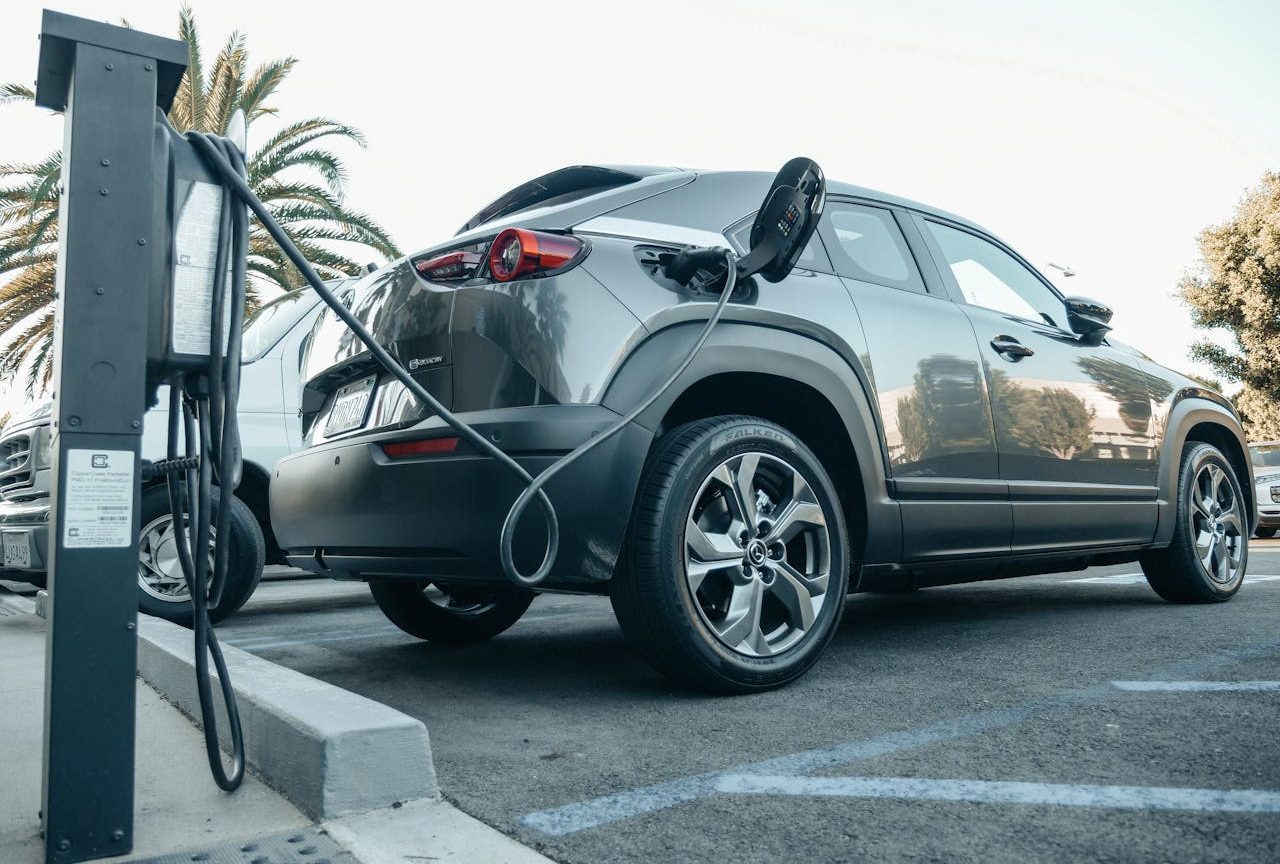
Two Hungarian projects received EU funding to develop alternative fueling infrastructure.Continue reading

Electric cars are enjoying a boom across the EU, with companies in Hungary being encouraged to purchase them through subsidies. However, according to the latest data, the era of diesel cars has also returned to Hungary, writes Világgazdaság.
In the European Union, the number of new cars sold fell by 1.9 percent year-on-year in the first three months of this year, with battery electric vehicles (BEVs) accounting for 15.2% of the market in the first quarter, up from 12 percent a year earlier, according to the European Automobile Manufacturers Association (ACEA).
Hybrid electric vehicles (HEVs) accounted for the largest share of the car market with 35.5%, up from 28.9% a year earlier.
The market share of plug-in hybrid (PHEV) cars increased from 7.4 percent in the first quarter of last year to 7.6 percent. The share of diesel cars fell from 12.8 percent to 9.5 percent, while petrol cars fell from 35.5 percent to 28.7 percent.
Three of the four largest EU markets, which account for 63 percent of electric car registrations, achieved significant growth:
However, the situation in Hungary came as something of a surprise. According to data on the ACEA website, 32,899 new cars were sold in Hungary in the first three months of this year, 3.8 percent more than a year earlier. Sales of diesel cars rose by 27.8 percent to 4,183, while petrol cars fell by 14.2 percent to 7,877. Sales of BEV cars rose by 5.2 percent to 2,408, PHEV cars fell by 21.2 percent to 1,169, while HEV cars increased by 10.8 percent to 17,082 in the first quarter of this year compared to the same period last year.
Via Világgazdaság, Featured photo via Pixabay